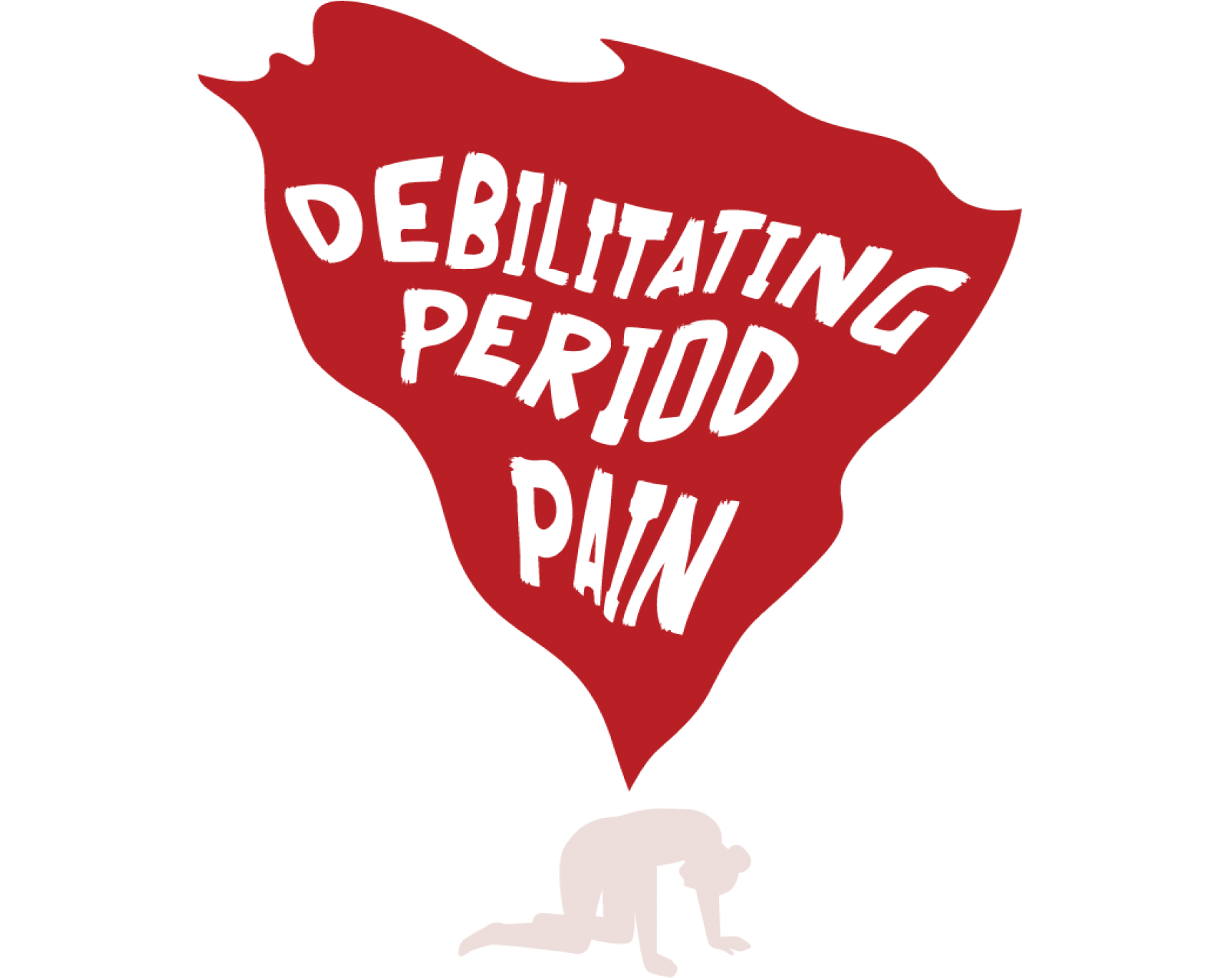
Listening is everything
Talk of blood clots and painful sex1-3can feel awkward. So your patients may be shy when it comes to sharing their symptoms with you. This can make your job - and listening out for the symptoms of endometriosis - more difficult.
One way to help your patients feel at ease is by speaking and understanding their language. And we're here to help with that.
Endo Talk
Below, you’ll find words and phrases that are commonly used by people with endometriosis symptoms, along with descriptions direct from people who’ve been diagnosed with endometriosis4,5. You could hear some of these red flags in your consultations… and they might just help you spot symptoms and move a patient towards a diagnosis.
Descriptions of pain4,5:
- Stabbing pains
- Severe cramps
- “I have to crawl from room to room when my pelvic pain kicks in”
- Shooting pains
- Cramps from hell
- Deep womb ache
- “Pain so bad I can’t stand up and walk around… I’m bent over like a tabletop”
Talking about periods:
- Fleshy tissue during period
- Heavy periods
- “I have bleeding about 20 days out of 30”
- “I stood up from the toilet and blood gushed out from me with big clots in it”
- “I had two max absorbency tampons and a night pad on. I still couldn’t get to work without the blood going through to my clothes.”
Mentions of other symptoms:
- Fatigue
- Painful sex/intimacy struggles
- Bleeding from bellybutton
- Back pain
- Digestive issues
- Angry bloating
How people might refer to their mood:
- “So tired… like I’ve been tranquilised”
- Frustration
- Isolation
- Depression
- Anxiety
And some terms that people who’ve been diagnosed with endometriosis may use:
- Endo Belly. This describes bloating and distension of the abdomen.
- Flare-up. Times when symptoms are worse than usual.
- Foggy Brain or Endo Fog. Some people with endometriosis talk of issues with concentration, memory, and mental clarity.
- Spoonie. Some people with chronic illnesses, including endometriosis, use the term "spoonie" to identify themselves as part of a community. One that understands the daily challenges of managing limited energy and coping with chronic conditions.
Endo Enquiries
Of course, you don’t need us to tell you how to run your consultations. But it might be worth thinking about the language you use. Everyday words and phrases might be easier for your patients to understand than medical terminology.
So, we’ve reworked the BSGE pelvic pain questionnaire6, and the NICE symptoms guide1, into layperson’s terms. Next time you’re running through the list of endometriosis symptoms with a patient, why not try these questions instead?
Asking about pain:
- Do you get pain in your lower tummy or back?
- How bad is it? Please describe it in as much detail as possible. For example, is it a sharp and stabbing pain? Or more of a dull ache? And does it stop you getting on with your day?
- Does your pain get worse around the time of your period? How much worse?
- Does it ever hurt to poo? And do you ever get constipated or go the other way and have diarrhoea?
- Does it ever hurt to wee?
- Do you ever find sex painful?
Asking about periods:
- How heavy is your period? Is it like a flood of blood… or more manageable?
- How often do you have to change tampons and/or pads? Do you ever leak?
- Does your period ever stop you from going out of the house?
Asking about fertility:
- Are you trying or have you tried for a baby? How long did you try for?
Asking about mood and energy:
- How’s your mood? Do you ever feel down in the dumps? How long does that feeling last?
- What are your energy levels like? Do you ever feel wiped out? When? How long for?

You know how to listen out for the the symptoms of endometriosis. But what are your next steps when you hear those red flags?
Raise the red flagReferences:
- National Institute for Health and Care Excellence. 2017. Endometriosis: Diagnosis and Management. [NICE Guideline No.73]. Available from: https://www.nice.org.uk/guidance/ng73. [Accessed Feb 2024].
- Becker K et al. Real world data on symptomology and diagnostic approaches of 27,840 women living with endometriosis. Sci Rep. 2021 Oct 14;11(1):20404.
- NHS. Endometriosis. Available from: https://www.nhs.uk/conditions/endometriosis/. [Accessed Feb 2024].
- SEMrush insights. [Data collected Jan 2024].
- Internal patient interviews. [Conducted Sep 2023].
- British Society for Gynaecological Endoscopy (BSGE). 2015. BSGE Pelvic Pain Questionnaire. Available from: https://www.bsge-online.org.uk/downloads.php. [Accessed Feb 2024].
